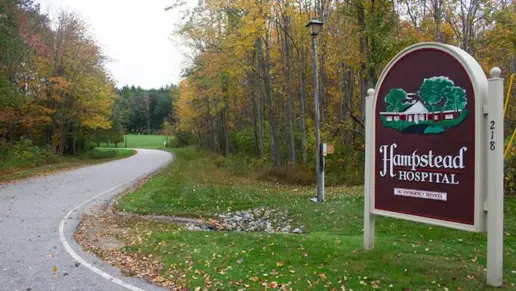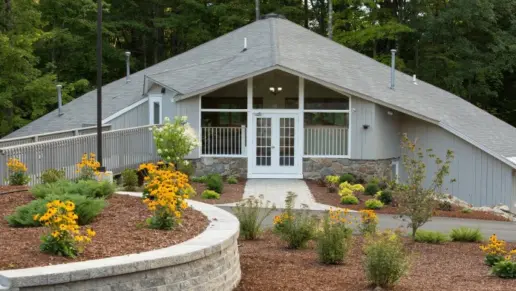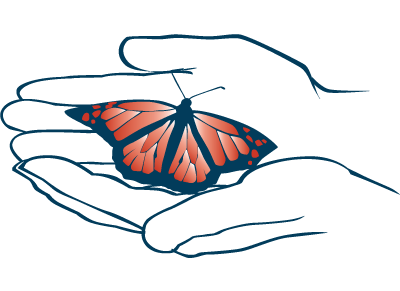Beautiful place. Meg and Robert are the best My therapist Kathy was great if it wasn't for her I would of left. Very hard to leave I think sometimes if people are bring toxic energy in cabins and want to leave they should. I lost 1 week of my recovery because because of all ...
About Green Mountain Treatment Center – Inpatient Drug Detox & Alcohol Rehab
Green Mountain Treatment Center is a residential drug rehab program located on 77 acres in the White Mountains in Effingham, New Hampshire. They operate under the umbrella of Granite Recovery Centers. Their programs are for men and women who are 18 or older. They also offer treatment for co-occurring disorders.
The center is an in network provider for many major insurances. They also take Medicaid. Be sure and verify your insurance with them before you begin care.
If you don’t need any major medical intervention, you can get medical detox at the treatment center. They’re a licensed medical facility. Detox can be an uncomfortable process, but they’ll help ease your symptoms with medications. They give you 24 hour medical monitoring and a structured setting during detox. The process usually takes a few days but can take longer.
After detox, the staff determines whether you need long term or short term residential treatment. Long term treatment is 30 days or longer. Short term residential treatment is usually three to six weeks.
The residential treatment program offers a structured environment with therapy customized to your needs. You may engage in dialectical behavior therapy or cognitive behavioral therapy. Dialectical therapy helps you learn to manage your emotions, and cognitive behavioral therapy helps you with your thinking processes and leads to better problem solving abilities.
The treatment center also has a partial hospitalization program (PHP) and an intensive outpatient program (IOP). A PHP is good if you need a step down program after being in the residential program. It’s also good if you need a more structured program but don’t need the full residential program.
The IOP is less intensive and requires about 10 hours a week of treatment, including group and individual therapy. This program is great if you need help but you don’t need the intensity of the other programs.
All the programs at the center are CARF accredited. They use evidence based treatment modalities and address issues such as depression, grief, loss and trauma. They’ll help you understand your dual diagnosis so you can get your mental health and substance use issues under control.
Facility Overview
Latest Reviews
Rehab Score
Gallery
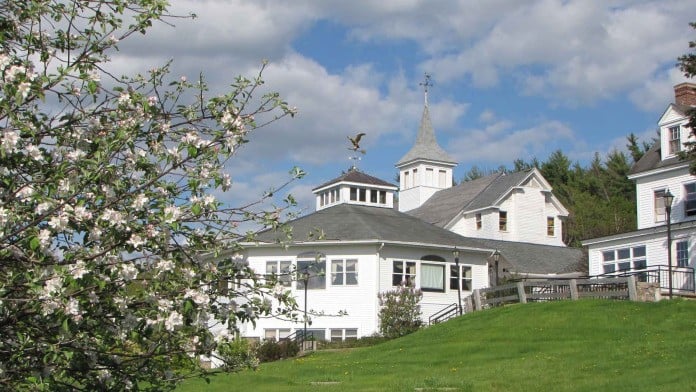
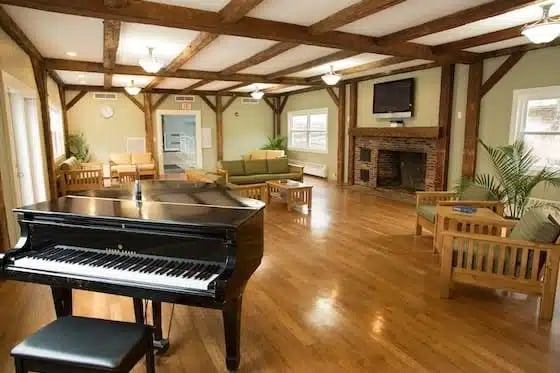

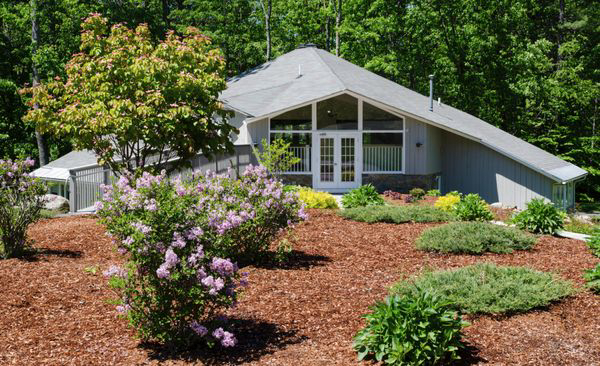
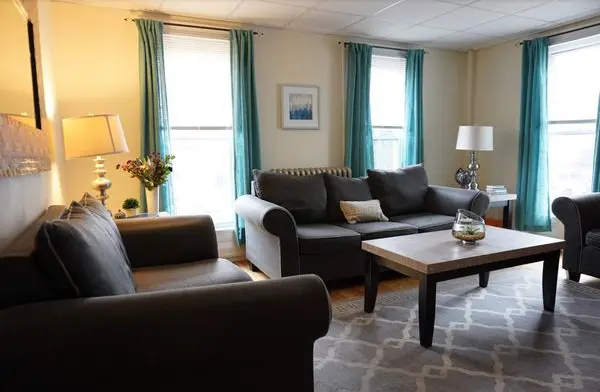
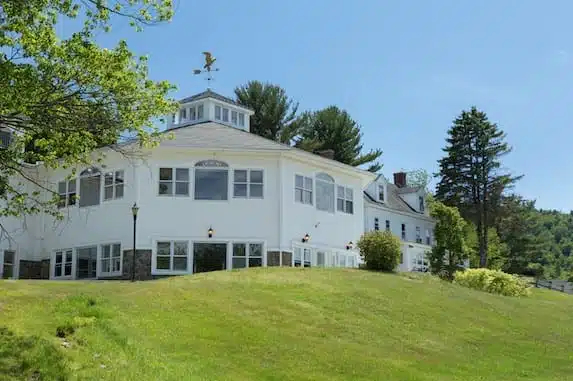
Location
Accepted Insurance



Other Forms of Payment
Self-pay involves paying for treatment out of your own pocket. You can use savings or credit, get a personal loan, or receive help from family and friends to fund your treatment. If you don't have insurance or your insurance plan doesn't cover a specific program, self-pay can help ensure you still get the care you need.
Private insurance refers to any kind of healthcare coverage that isn't from the state or federal government. This includes individual and family plans offered by an employer or purchased from the Insurance Marketplace. Every plan will have different requirements and out of pocket costs so be sure to get the full details before you start treatment.
Medicare is a federal program that provides health insurance for those 65 and older. It also serves people under 65 with chronic and disabling health challenges. To use Medicare for addiction treatment you need to find a program that accepts Medicare and is in network with your plan. Out of pocket costs and preauthorization requirements vary, so always check with your provider.
Medicaid is a state based program that helps lower-income individuals and families pay for healthcare. Medicaid covers addiction treatment so those enrolled can use their coverage to pay for rehab. When a program accepts Medicaid the client often pays very little or nothing out of their own pocket.
Addiction Treatments
Levels of Care
Treatments
The goal of treatment for alcoholism is abstinence. Those with poor social support, poor motivation, or psychiatric disorders tend to relapse within a few years of treatment. For these people, success is measured by longer periods of abstinence, reduced use of alcohol, better health, and improved social functioning. Recovery and Maintenance are usually based on 12 step programs and AA meetings.
Treatment provided at drug rehab in New Hampshire prepares individuals to handle life stressors without using substances. Participants get the tools and support they need to maintain lifelong recovery.
At GMTC, they understand the relationship between addiction and other issues, and their clinical team is prepared to deal with them in an effective way. This process begins with clearing the body of substances, and on to various assessments and evaluations to determine what’s going on, followed by applying a comprehensive treatment plan.
Opioid rehabs specialize in supporting those recovering from opioid addiction. They treat those suffering from addiction to illegal opioids like heroin, as well as prescription drugs like oxycodone. These centers typically combine both physical as well as mental and emotional support to help stop addiction. Physical support often includes medical detox and subsequent medical support (including medication), and mental support includes in-depth therapy to address the underlying causes of addiction.
Substance rehabs focus on helping individuals recover from substance abuse, including alcohol and drug addiction (both illegal and prescription drugs). They often include the opportunity to engage in both individual as well as group therapy.
Programs



Clinical Services
Cognitive Behavioral Therapy (CBT) is a therapy modality that focuses on the relationship between one's thoughts, feelings, and behaviors. It is used to establish and allow for healthy responses to thoughts and feelings (instead of unhealthy responses, like using drugs or alcohol). CBT has been proven effective for recovering addicts of all kinds, and is used to strengthen a patient's own self-awareness and ability to self-regulate. CBT allows individuals to monitor their own emotional state, become more adept at communicating with others, and manage stress without needing to engage in substance abuse.
Creativity is inherently healing, and can help those in recovery express thoughts or feelings they might not otherwise be able to. Creative arts therapy can include music, poetry/writing, painting, sculpting, dance, theater, sandplay, and more. Unlike traditional art, the final product matters far less than the experience of creation and expression itself.
Dialectical Behavior Therapy (DBT) is a modified form of Cognitive Behavioral Therapy (CBT), a treatment designed to help people understand and ultimately affect the relationship between their thoughts, feelings, and behaviors. DBT is often used for individuals who struggle with self-harm behaviors, such as self-mutilation (cutting) and suicidal thoughts, urges, or attempts. It has been proven clinically effective for those who struggle with out-of-control emotions and mental health illnesses like Borderline Personality Disorder.
Group therapy is any therapeutic work that happens in a group (not one-on-one). There are a number of different group therapy modalities, including support groups, experiential therapy, psycho-education, and more. Group therapy involves treatment as well as processing interaction between group members.
In individual therapy, a patient meets one-on-one with a trained psychologist or counselor. Therapy is a pivotal part of effective substance abuse treatment, as it often covers root causes of addiction, including challenges faced by the patient in their social, family, and work/school life.
Motivational Interviewing (MI) is a clinical approach to helping people with substance abuse issues and other conditions shift behavior in positive ways. It is more goal-oriented than traditional psychotherapy, as MI counselors directly attempt to get clients to consider making behavioral change (rather than wait for them to come to conclusions themselves). Its primary purpose is to resolve ambivalence and help clients become able to make healthy choices freely.
GMTC has a full kitchen staff, lead by their professional chef, which serves all meals three times per day. Their menus have been designed by a licensed dietitian and meet all standards of nutrition and taste. They realize that stepping into recovery starts with taking care of their bodies, and they have taken special care to be sure their clients are eating right and well.
Trauma therapy addresses traumatic incidents from a client's past that are likely affecting their present-day experience. Trauma is often one of the primary triggers and potential causes of addiction, and can stem from child sexual abuse, domestic violence, having a parent with a mental illness, losing one or both parents at a young age, teenage or adult sexual assault, or any number of other factors. The purpose of trauma therapy is to allow a patient to process trauma and move through and past it, with the help of trained and compassionate mental health professionals.
When you develop life skills during drug rehab in New Hampshire, you learn how to adapt to challenging situations and tasks. You learn coping strategies and techniques that allow you to live a healthy, sober lifestyle.
Amenities
-
Private Setting
-
Yoga Studio
-
Private Transportation
-
Gym
-
Residential Setting
-
Private Rooms
Staff & Accreditations
Staff
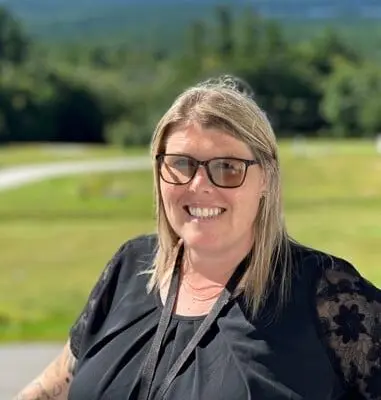
Director of Operations
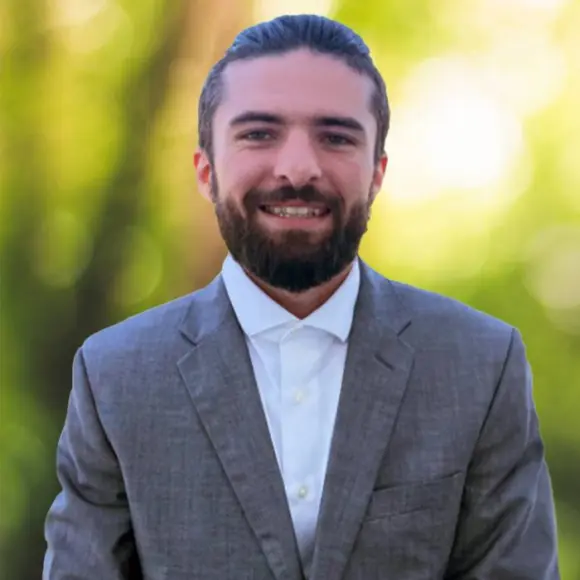
Client Care Manager
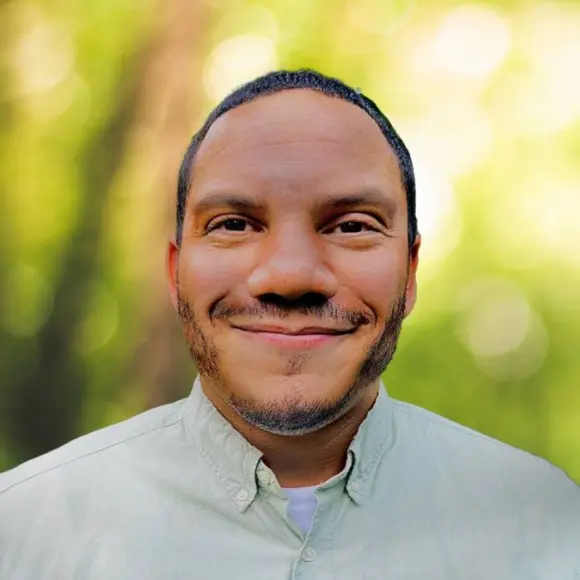
Director of Case Management
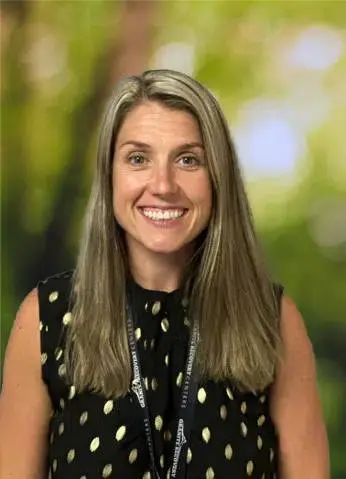
Director of Nursing

Director of 12-Step
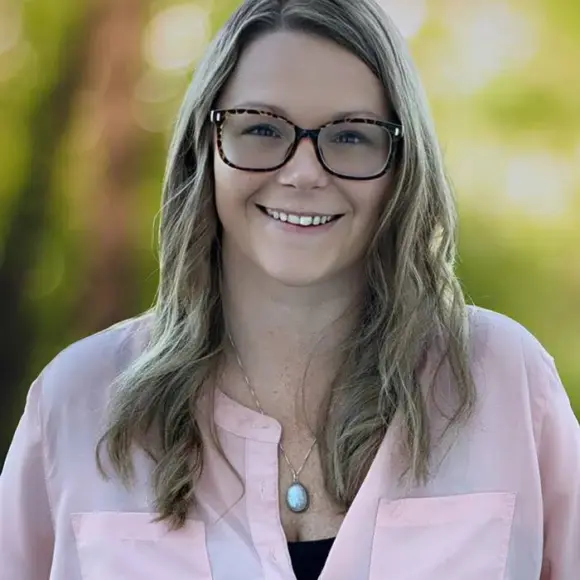
Clinical Director
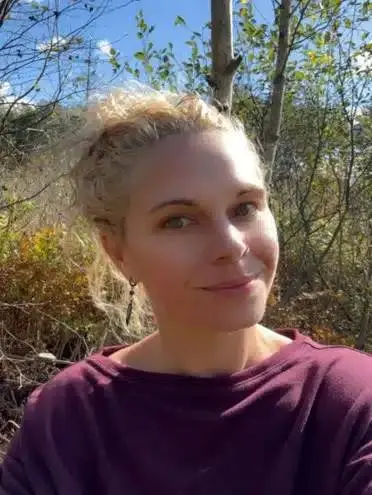
Program Director
Accreditations

The Commission on Accreditation of Rehabilitation Facilities (CARF) is a non-profit organization that specifically accredits rehab organizations. Founded in 1966, CARF's, mission is to help service providers like rehab facilities maintain high standards of care.
CARF Accreditation: Yes
Accreditation Number: 274152
Contact Information
244 High Watch Road
Effingham, NH 03882








